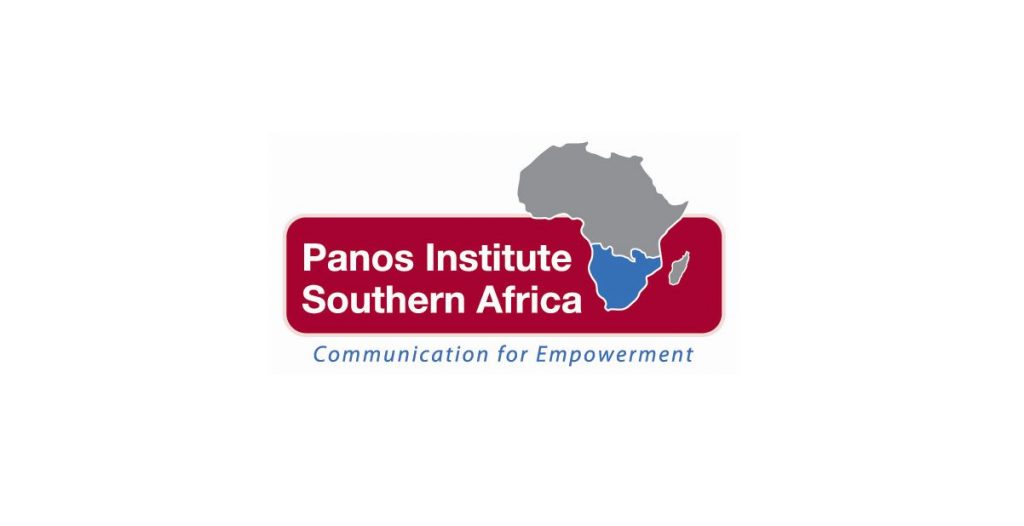
Need to increase the momentum to eliminate malaria
Lusaka, 27 April 2018:
Following the commemoration of World Malaria Day on 25 April 2018 under the theme: Ready to Beat Malaria, Panos Institute Southern Africa is appealing to governments, health service providers, civil society and communities to keep the momentum in ensuring to eradicate malaria.
While remarkable progress has been made in terms of raising awareness of the disease, its causes and remedies, malaria still ranks among the top causes of death in Southern Africa. The 2017 World Malaria Report showed that progress towards eliminating malaria in Southern Africa has slowed down, and in some cases stalled.
Although the number of deaths has reduced owing to improved access to treatment, the report states that a number of Southern African countries “are not on track” as they have recorded an increase in malaria cases in recent years. According to the report, the number of cases in Namibia increased by 45 times, from only 556 cases in 2010 to 25,198 cases in 2016, while Swaziland recorded a 30% increase during the same period. The increase in the number of cases has been attributed to factors like climatic change, insecticide resistance, inadequate controls and improved reporting of malaria cases
For Southern Africa to be Ready to Beat Malaria, Panos appeals to all stakeholders to double their efforts to sustain the progress towards eliminating malaria. The following are some of our suggested actions for increasing the momentum in the malaria response:
- Strengthened controls: Panos appeals to governments and health service providers to strengthen controls, and ensure that resources allocated for malaria prevention are used for that purpose. The World Malaria Report identifies inadequate controls as one of the drivers of increasing malaria cases, and we are concerned that if the controls.
- Increased support for malaria awareness interventions: Panos notes the reduced support to communication for health activities and sponsorship of media to report on the science part of diseases such as malaria and malaria prevention. Most journalists therefore reporting on malaria are not trained in disease reporting and therefore have no idea on how to report this disease. We appeal to civil society organisations and funders to support the training of the media and its journalists to undertake indepth review and reporting of malaria and other diseases. A well trained and informed media sector can help double efforts of informing and educating community members about malaria, and raising awareness of how citizens can contribute to eliminating the disease.
- Scaling up malaria prevention at community level: We also appeal to cooperating partners to increase support to stakeholders such as civil society and community based entities who are working to reduce the malaria burden at community level.
- Addressing religious and cultural practices that discourage uptake of anti-malaria drugs: In our work, especially in the rural communities, we have also realized that some traditional and religious practices discourage the uptake of malaria prevention remedies. For example, some apostolic sects prohibit their members from using any medical drugs, such as those for intermittent preventive treatment (IPTp) for pregnant women. Panos therefore appeals to traditional and religious leaders to also join hands with other stakeholders in malaria prevention
It is our view that with increased momentum, and through the collective efforts of different stakeholders, Ready to Beat Malaria in Southern Africa.
Issued by:
Lilian Saka Kiefer
Executive Director, Panos Institute Southern Africa,
Email: general@panos.org.zm. Web: www.panos.org.zm.